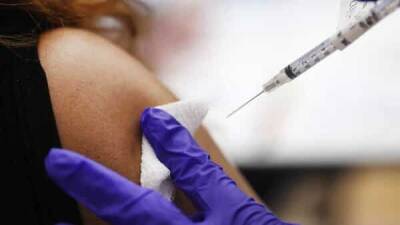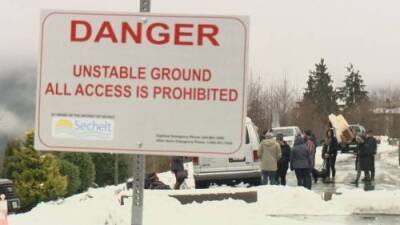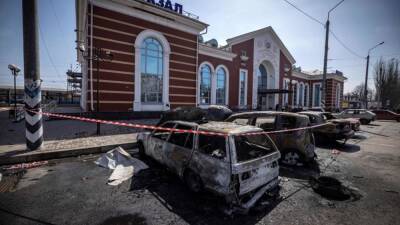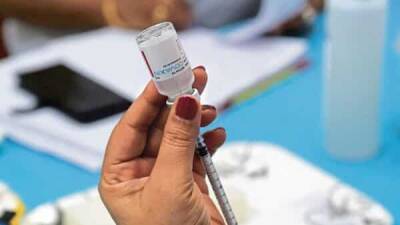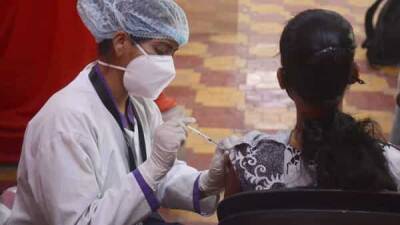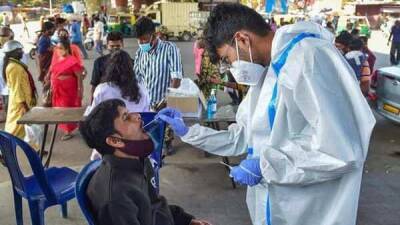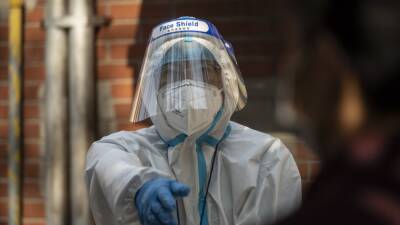Living with COVID-19 means being vigilant, Saskatchewan researcher says
COVID-19 has been declining in Saskatchewan over previous weeks, but Dr. Alyson Kelvin doesn’t believe the pandemic is over yet.“I can’t predict anything other than expecting that we’ll see new variants and they… (will have) various degrees of severity,” she said, in an interview with Global News.“It’s something that keeps me up at night.”Kelvin is a vaccinologist and virologist at the University of Saskatchewan’s VIDO-InterVac lab, where she’s developing a new COVID-19 vaccine. ‘We’ve got to move on,’ Doug Ford says as Ontario announces easing of mask mandate She said its very likely the need won’t go away.Roughly 100 years ago the planet was recovering from another pandemic, the 1918 flu.The particular strain that caused so many deaths was replaced by a more transmissible and less lethal version.That strain was also superseded by a newer variant, as was that variant and the next several iterations.That might sound similar to the evolution of the novel coronavirus, with the less lethal Omicron strain outcompeting the more virulent Delta.But the WHO declared Omicron to be a Variant of Concern just a few weeks after scientists first spotted it — showing how quickly things can change.Most people on the planet aren’t yet fully vaccinated and Kelvin said a new — and worse — variant could yet emerge.She said she’s staying vigilant.
Saskatchewan recorded its third-highest monthly COVID-19 death total in February “(In terms of) letting my daughter play soccer, if I have to show up on a mask to decrease transmission – I’m really happy I get to see her play,” she told Global News.That vigilance extends to monitoring COVID-19.She said that should mean regular testing.Monitoring hospitalizations can also show if a new variant.
Read more on globalnews.ca












